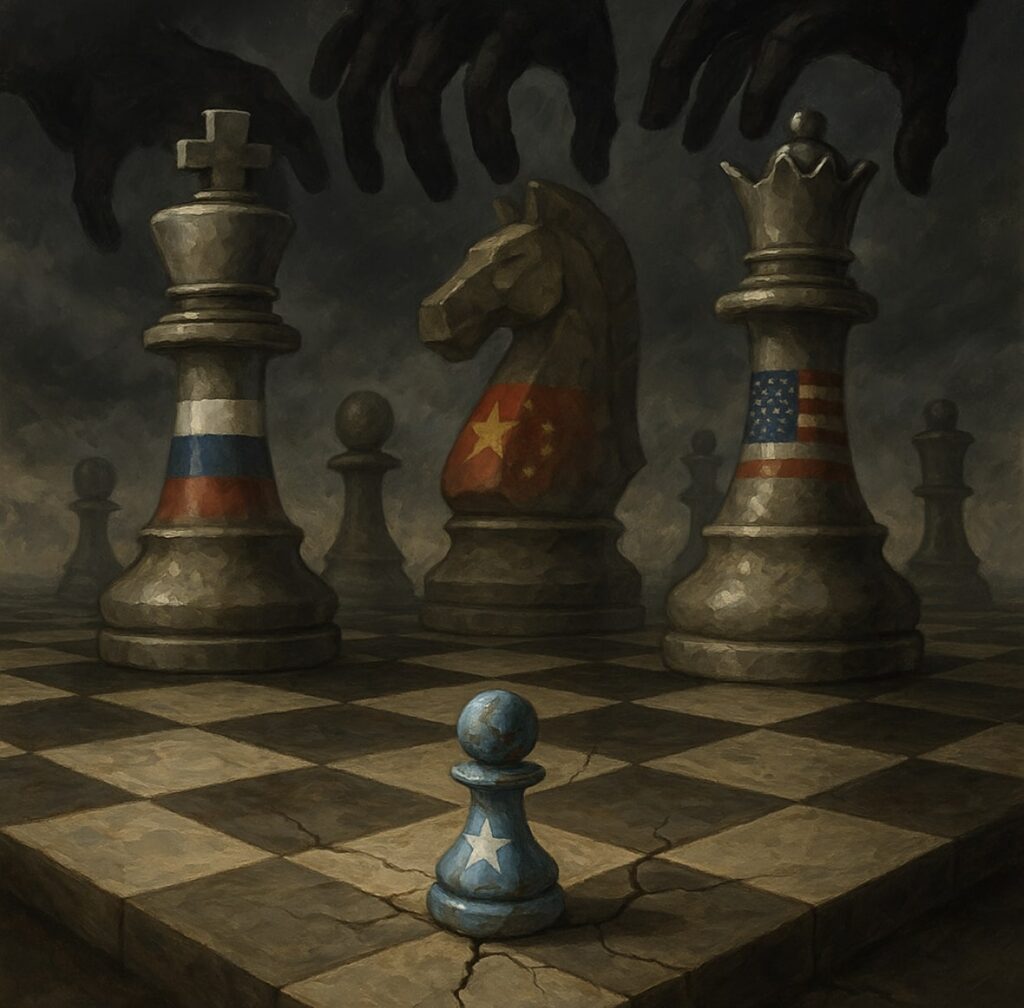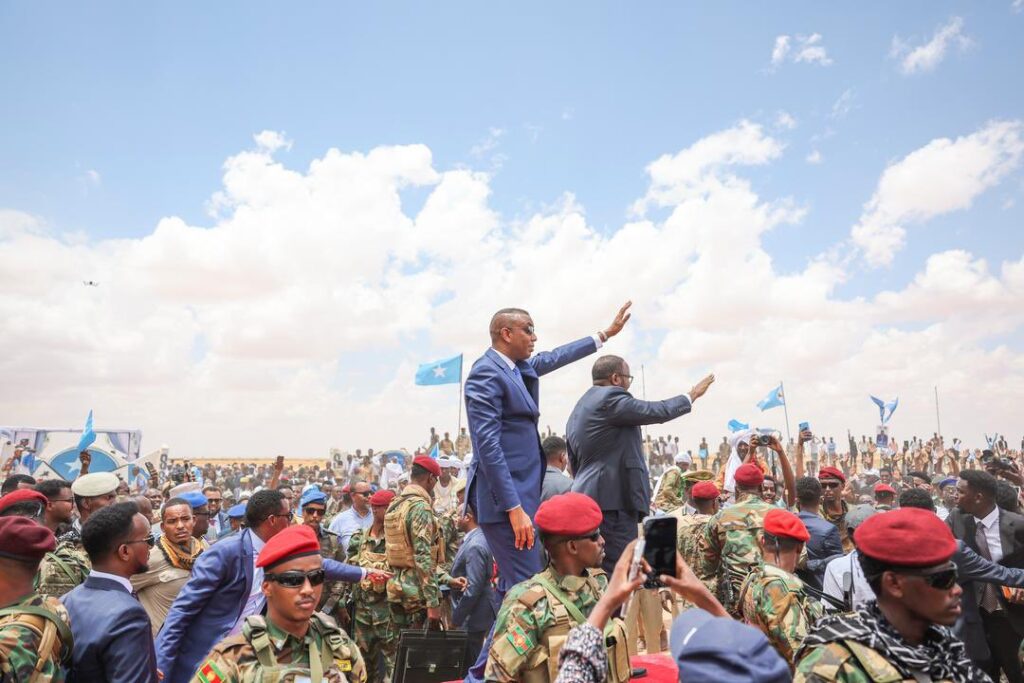Somalia’s federal government finds itself in a critical state of transition, attempting to build institutions while grappling with deep-rooted social, political, and security challenges. However, the lack of a clear, strategic plan and cohesive leadership continues to impede progress. Instead of addressing core issues, successive administrations have resorted to temporary fixes that fail to tackle the underlying problems of tribalism, insecurity, and institutional fragility.
The Unfinished State-Building Process
Somalia remains trapped in a prolonged state-building process. Its institutions are incomplete, the constitution remains unfinished, and the relationship between the federal government and member states is marred by mistrust and miscommunication. These challenges are compounded by the deepening rift within society, fueled by tribal divisions that have been exacerbated by social media.
Tribalism has become a destructive force, eroding the nation’s social fabric. Social media platforms are often used to spread hate, insults, and division, further alienating communities. This deterioration threatens the cohesion necessary for rebuilding a functional state. The lack of trust among political actors and between the public and the government creates a volatile environment, making meaningful progress difficult.
Leadership Detached from Reality
A recurring issue in Somali politics is leadership that appears detached from the realities on the ground. Presidents often prioritize consolidating power over addressing the critical issues facing the nation. Instead of confronting insecurity, economic stagnation, or tribal divisions, leaders focus on political maneuvering to secure their reelection.
President Hassan Sheikh Mohamud’s administration exemplifies this detachment. One of his controversial decisions was deploying troops to Jubaland while neglecting the dire security situation in the two Shabelle regions. These areas, crucial entry points to Mogadishu, remain largely under the control of Al-Shabaab. Airlifting troops to Jubaland without addressing the insurgency’s strongholds illustrates a failure to prioritize and plan strategically.
In addition, the administration’s approach to the constitution highlights a broader issue. Instead of fostering a collaborative process involving federal states, political elites, and civil society, the president has pursued unilateral changes. A constitution imposed without consensus risks alienating key stakeholders and deepening divisions.
The Worsening Security Situation
Somalia continues to grapple with pervasive insecurity, with Al-Shabaab remaining a formidable threat. The insurgents control significant swathes of territory, including vital agricultural regions and trade routes. Despite this, the government’s security strategy appears fragmented and reactive rather than proactive.
Local populations in many areas feel abandoned, as security forces often fail to provide consistent protection. The government’s inability to secure key regions undermines public trust and emboldens extremist groups. A more comprehensive security approach is needed, one that includes community engagement, capacity building, and addressing the root causes of extremism, such as poverty and lack of education.
The Fragmented Social Fabric
The erosion of Somalia’s social fabric poses one of the most significant challenges to its state-building efforts. Tribal divisions, historical grievances, and a lack of national identity contribute to ongoing tensions. Social media has become a battleground for tribal conflicts, spreading propaganda and deepening societal fractures.
Rebuilding trust within society requires deliberate and sustained efforts. Leaders must prioritize programs that promote unity, civic education, and reconciliation. Without a strong and united society, the dream of a stable and prosperous Somalia will remain out of reach.
The Way Forward
To address these pressing challenges, Somalia’s leaders must adopt a reality-based approach grounded in strategic planning and inclusivity. Key actions include:
- Completing the Constitution: Finalizing the national constitution through a consultative process is critical. Engaging federal member states, political elites, and civil society will ensure the document reflects a broad consensus.
- Strengthening Security: Redirecting resources to secure critical areas, such as the two Shabelle regions, should be a top priority. A more cohesive strategy is needed to combat Al-Shabaab and ensure long-term security.
- Promoting Reconciliation: National programs aimed at bridging tribal divides and fostering a sense of shared identity must be implemented.
- Building Institutions: Strengthening government institutions at both federal and state levels is vital for effective governance. Transparent and accountable institutions can help restore public trust.
- Fostering Economic Development: Addressing poverty and unemployment through job creation, investment in education, and infrastructure development is essential for stability and growth.
Somalia’s path to progress depends on its ability to confront reality with strategic and inclusive leadership. The federal government must prioritize completing its unfinished state-building tasks, addressing insecurity, and rebuilding trust within society. Leadership in Somalia must transcend personal ambitions and focus on creating a legacy of unity, progress, and resilience. Without a clear plan and genuine commitment to addressing the nation’s challenges, Somalia risks remaining trapped in a cycle of instability and missed opportunities.





